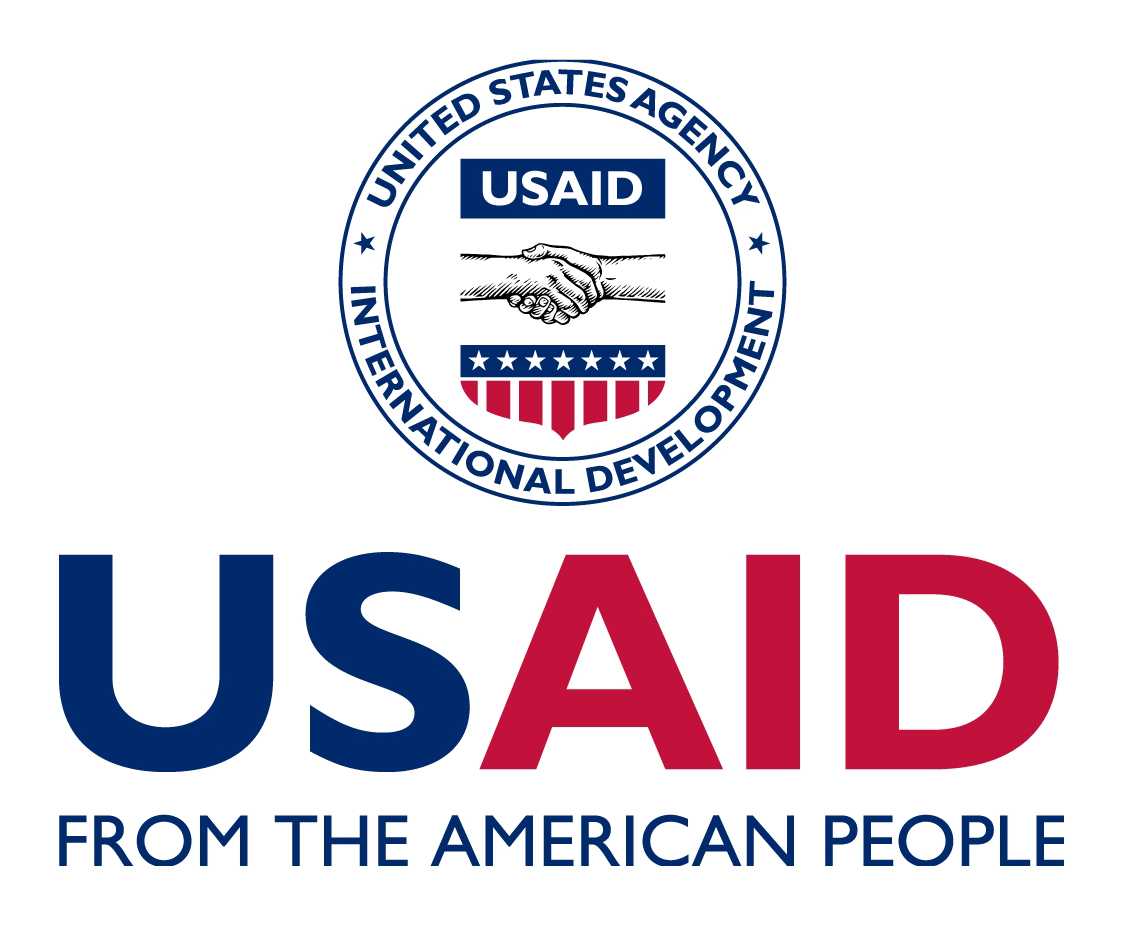Usaid and Starbucks partner to increase high-quality coffee production while helping Colombian youth build greater expertise in the coffee industry. Colombia’s unique geography makes it perfectly suited for producing a high-quality brew, and Colombian coffee is widely regarded as among the best in the world.
Colombia is the third largest producer of coffee and the largest producer of high-quality Arabica beans.
In 2014, Starbucks (the largest purchaser of premium Arabica coffee from Colombia) and USAID signed a grant to implement the Colombia Coffee Yield Improvement Project to help young Colombian coffee farmers build greater resiliency and expertise.
The partnership worked to boost the production and quality of high-grade coffee through the analysis of soil samples and implementation of best agricultural practices. Over a three-year period, Starbucks staff provided technical assistance to coffee farmers to increase productivity and improve quality in the most conflict-affected coffee-growing regions of the country.
As a result, the project increased the purchased amount of coffee in these regions by 100 percent, which positively impacted local coffee growers. The award included sub-activities on water treatment systems, reforestation, and a young coffee farmers program, all of which not only support coffee productivity and quality, but also had a positive social and environmental impact at the local level.
Considering the outcomes and impacts achieved under the award, Starbucks and USAID have extended the grant to increase coffee yields and improve the livelihoods of coffee farmers. The Colombia Coffee Yield Improvement Project extension will run from June 2017 – June 2018 in the departments of Cauca, Tolima, and Antioquia, with potential expansion into Valle de Cauca and Caldas.
Components
Providing Technical Assistance
With USAID support, Starbucks will substantially expand the coverage of their Farmer Support Center (FSC). Starbucks established the FSC in Manizales in 2012 to connect farmers with agronomists and other technical assistance. In addition to this, Starbucks will provide agricultural training and access to improved technologies in order to improve coffee quality and increase yields.
Strengthening Quality and Productivity Processes
By integrating agricultural best practices into Colombia’s coffee cultivation, the program focuses on higher yields, reduction of farmer expenses, and enhancement of environmental best practices. By initiating Coffee and Farmer Equity (C.A.F.E.) practices, Starbucks evaluates the economic, social, and environmental aspects of coffee production to ensure that the company is sourcing sustainably grown and processed coffee. In addition, the program will allow farmers to earn higher prices on their coffee production.
Reforestation, Climate Resiliency, and Youth Empowerment
By partnering with the Colombian Coffee Federation, Starbucks will increase the impact of training and knowledge dissemination, and focus on the cross-cutting issues of gender, global climate change, and the management of natural resources. The Young Coffee Farmers Program ensures the transfer of knowledge to young coffee farmers to guide them in properly planning, organizing, and managing coffee plantations through the adoption of an entrepreneurial approach to production. This encourages young farmers to remain in the coffee business. In addition, Starbucks is establishing four native tree nurseries to promote reforestation and climate resiliency programs.
Expected Results
- Provide skills training and technological tools to 1,000 young coffee farmers in Colombia’s post-conflict zones.
- Increase the income of 21,000 small-scale coffee farmers by increasing green coffee production per hectare by 50 percent.
- Connect at least 9,000 of the participating farmers to the Starbucks supply chain through which they will obtain a premium price for their coffee.
- Institute best practices such as waste-water management systems (to reduce effluents in open water and keep soil acidity low) and use/maintenance of shade trees (to increase productivity and quality).


















